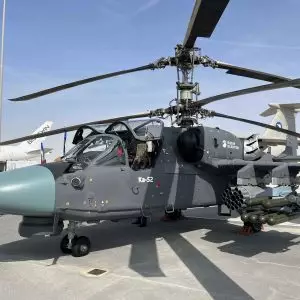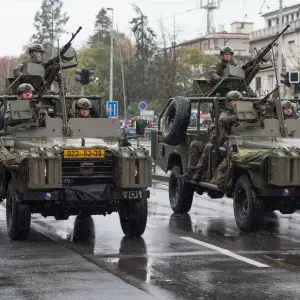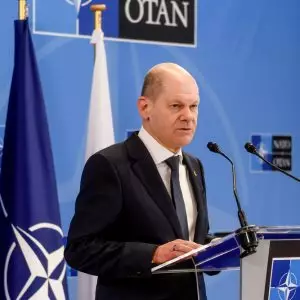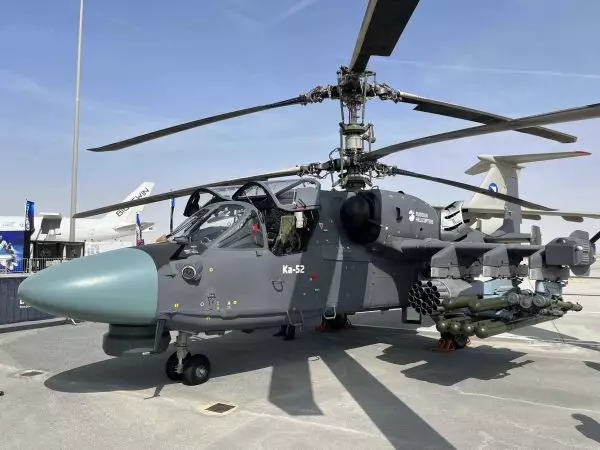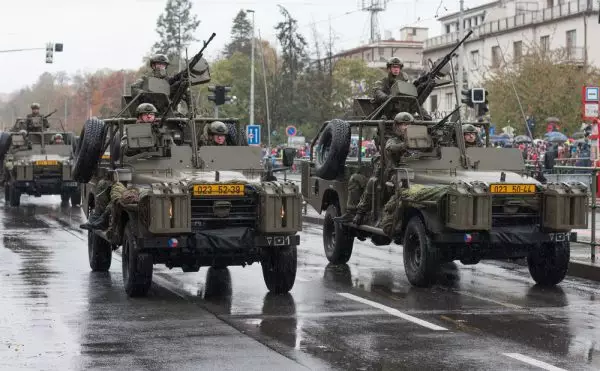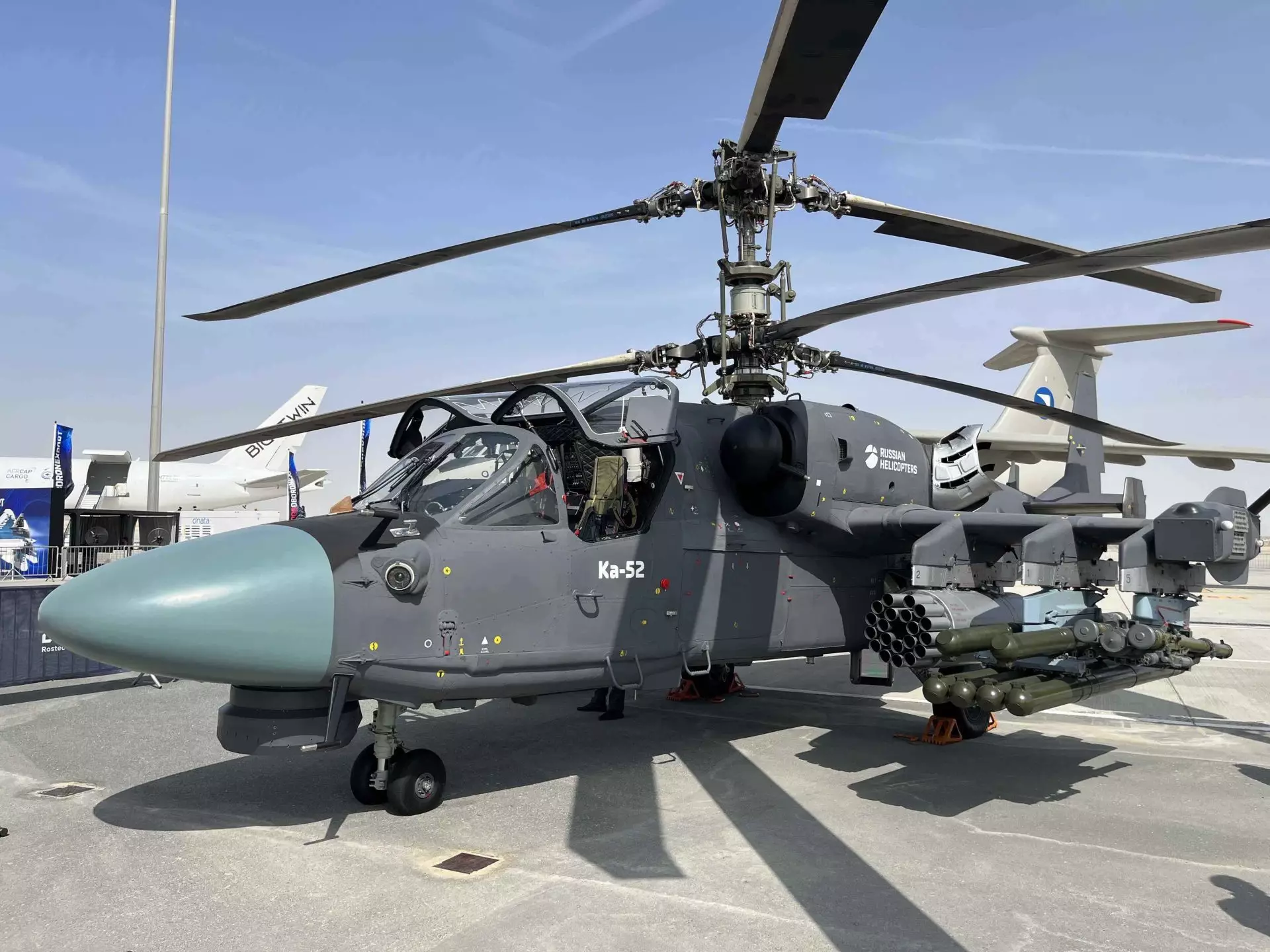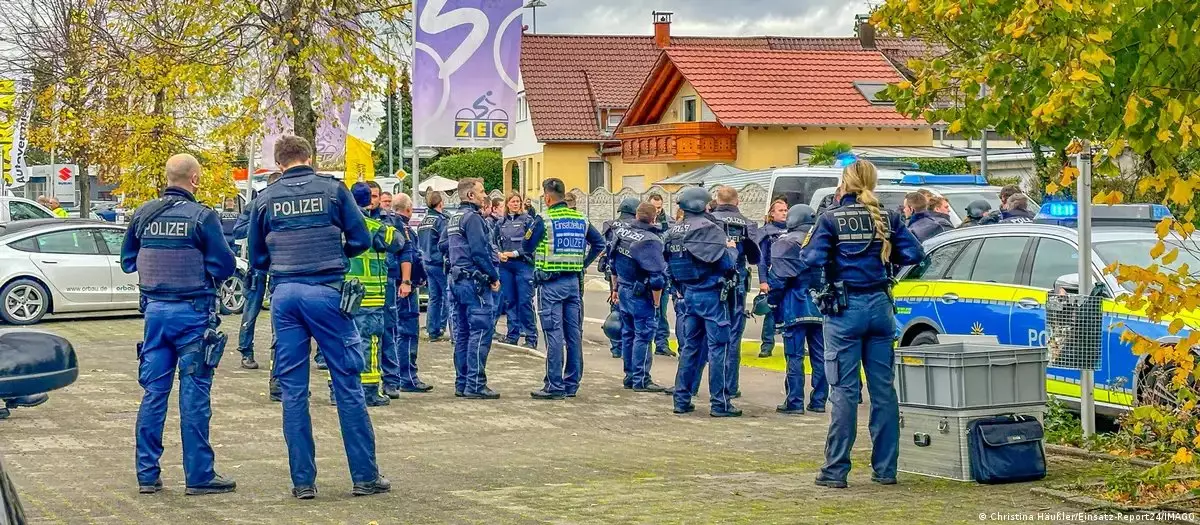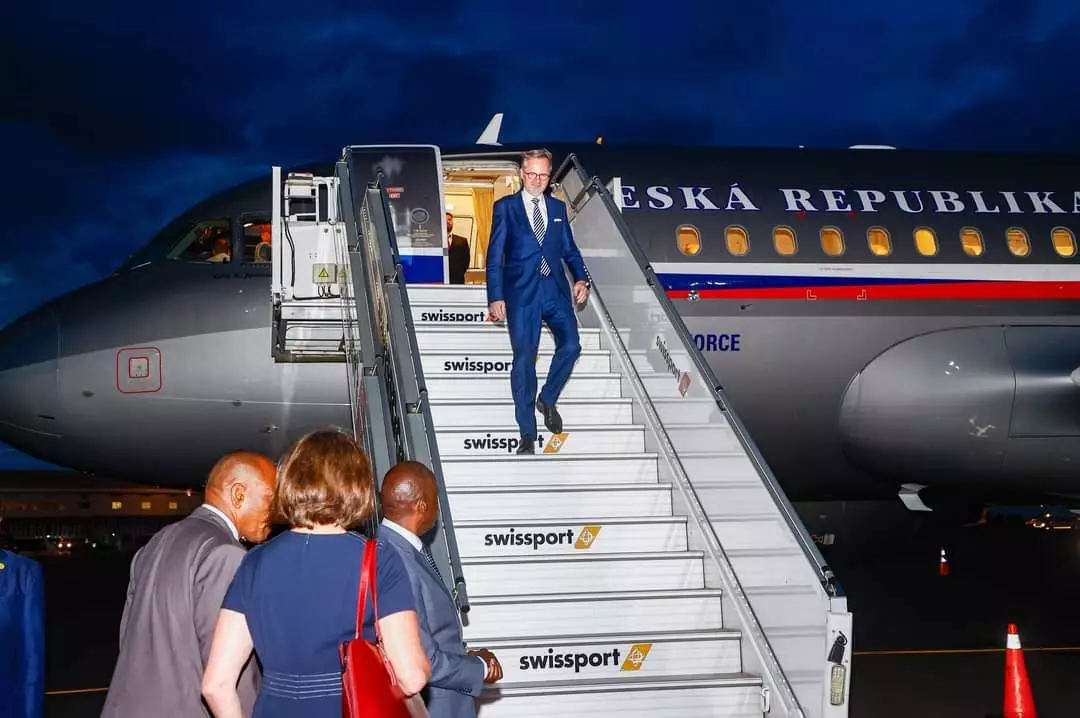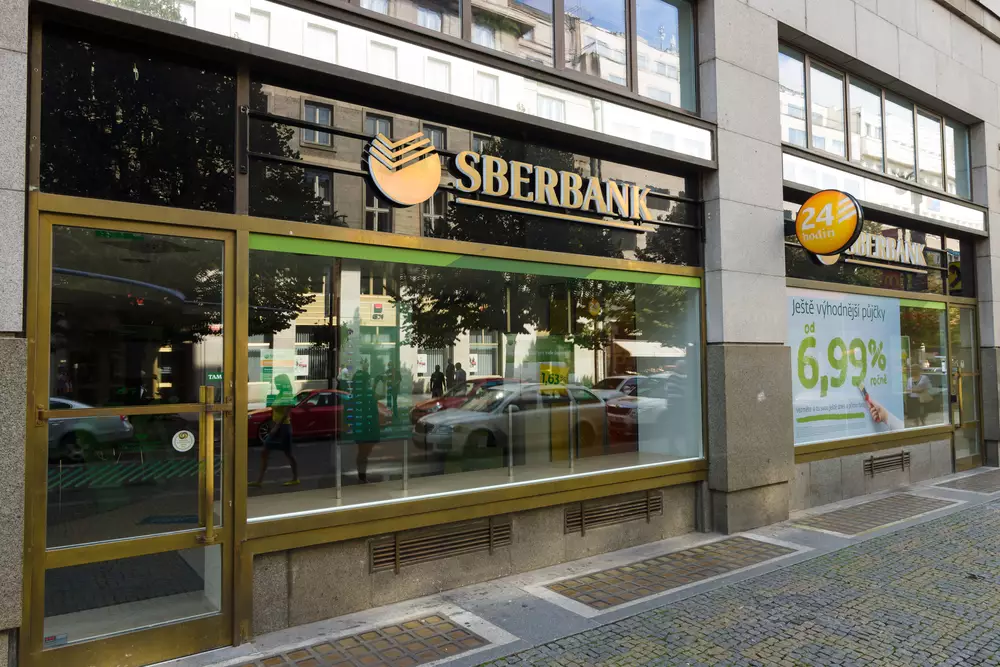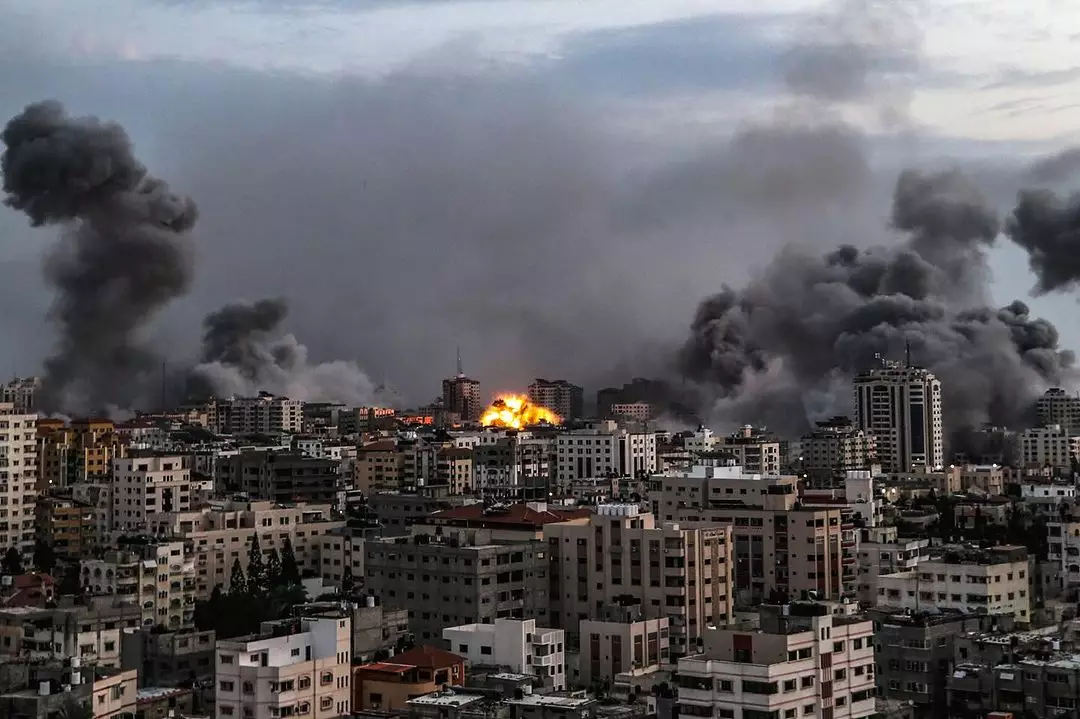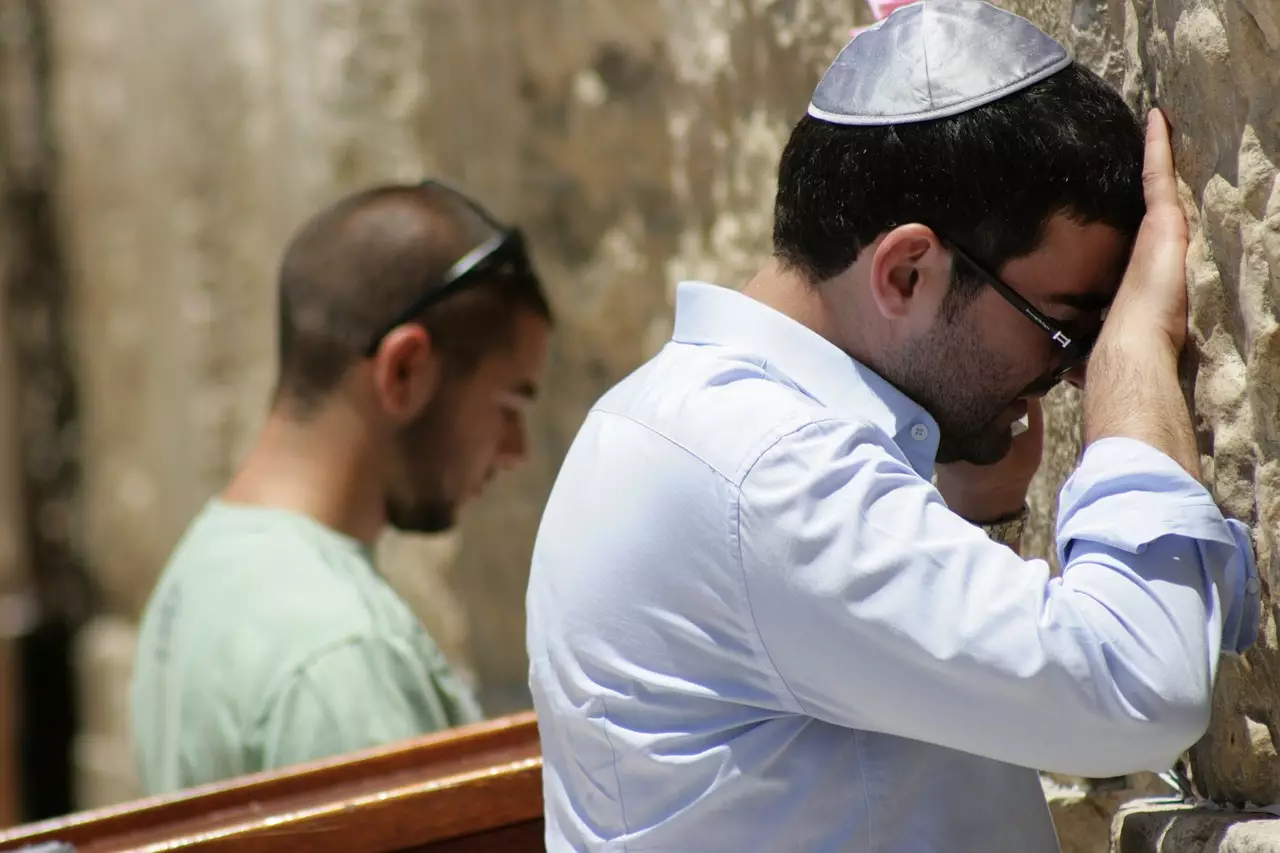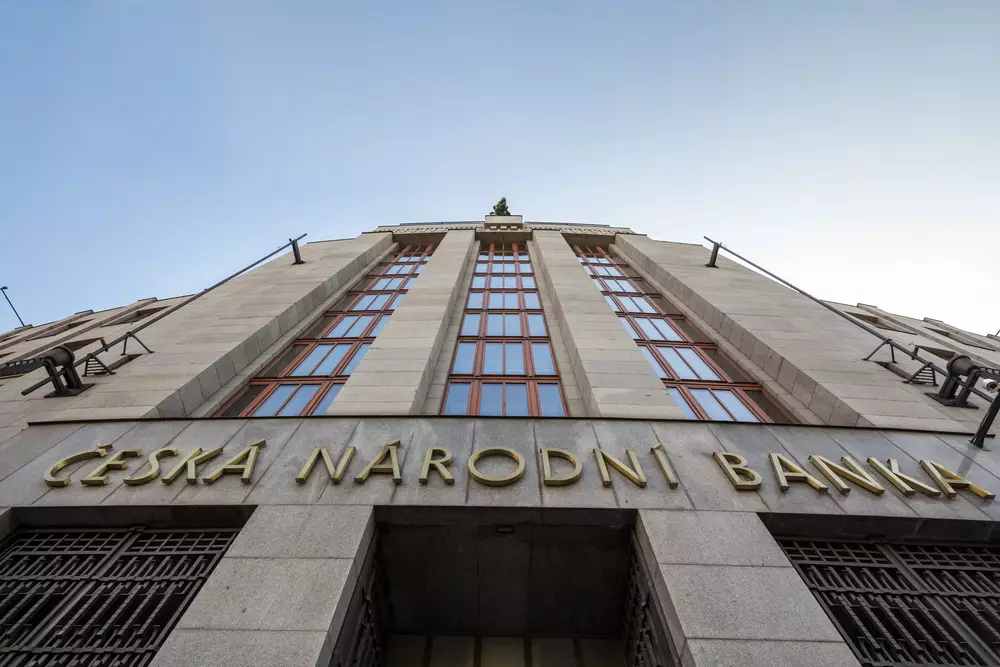Warsaw, July 9 (CTK special correspondents) – Czech President Milos Zeman tried to stress the need for holding dialogue with Russia at the NATO summit which ended on Saturday, he told Czech journalists before he left Poland for home, adding that the dialogue could help change some Russian politicians’ stances.
He welcomed the fact that NATO will continue to operate in Afghanistan with the same number of soldiers as up until now.
Zeman said NATO’s attitude to Russia is ambivalent. NATO criticises it in its statements, while on the other hand, it considers it a partner in other spheres.
Zeman welcomed the resumption of dialogue with Russia within the NATO-Russian Council.
“I was stressing that the dialogue should be conducted in a number of other spheres – exchanges of students, tourists, businesspeople and naturally politicians, too. The dialogue can be an instrument with which to change the stances of some Russian politicians. Dialogue can be used permanently unlike a missile with a thermonuclear warhead that can only be used once,” Zeman said.
Foreign Minister Lubomir Zaoralek said NATO should talk with Russia about how to avert an accidental incident.
Zeman also said he tried to stress that “any reduction [of NATO troops in Afghanistan] would lead to the depreciation of the sacrifices the allied units, including the Czech ones, have been made there,” Zeman said.
He said there would be the threat of Taleban rule and that Islamic State would move to Afghanistan.
Zeman also welcomed the gradual strengthening of NATO participation in fighting Islamic State.
NATO decided on Saturday to provide special AWACS aircraft and to start an operation in the Mediterranean.
“I expressed the hope that this will once turn into a coordinated, coherent action of the North Atlantic Alliance,” Zeman said.
Turning to the sending of four NATO battalions to the Baltics and Poland, which the summit approved, Zeman said the Czech Republic respects the will of the Baltic countries, Poland and probably also Romania to have NATO soldiers on their territory.
He said the considers the number of some 800 soldiers in each battalion to be more symbolic than effective from the military point of view.
“A the same time, I stressed that the Czech Republic is not considering anything like this and it has not asked for this,” Zeman said.
Czech Chief-of-Staff Josef Becvar said the NATO command will now discuss the shape of the battalions and added that not all battalions will probably be alike.
Possible Czech participation will be negotiated about as soon as the composition of the battalions is clear.
The Czech military has promised to send 150 soldiers to the Baltics to a training mission which will start in cooperation with the Visegrad Four (Czech Republic, Hungary, Poland and Slovakia) at the beginning of next year.
Negotiations about details will be held in Prague on the days ahead.
Defence Minister Martin Stropnicky said the summit brought no surprise, which is a good piece of news for the security situation.
He praised the fact that the Alliance showed unity and that Britain reassured the other countries that its role in NATO is not changing after British voters decided to leave the European Union.
At the end of the two-day summit, the participants discussed Ukraine.
Zaoralek said the Czech position is the same as the other NATO countries’, which means that it wants “an integral Ukraine within its internationally recognised borders.”

